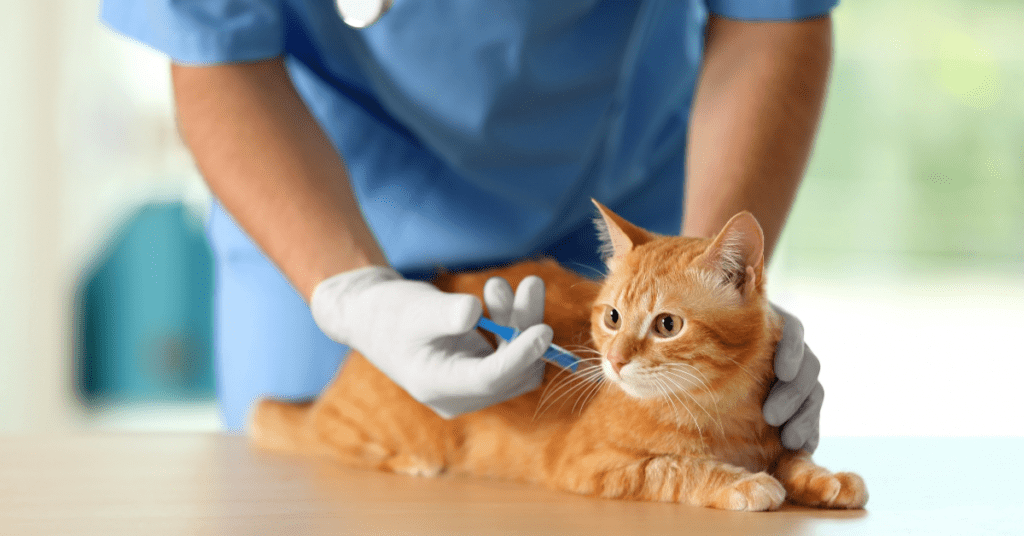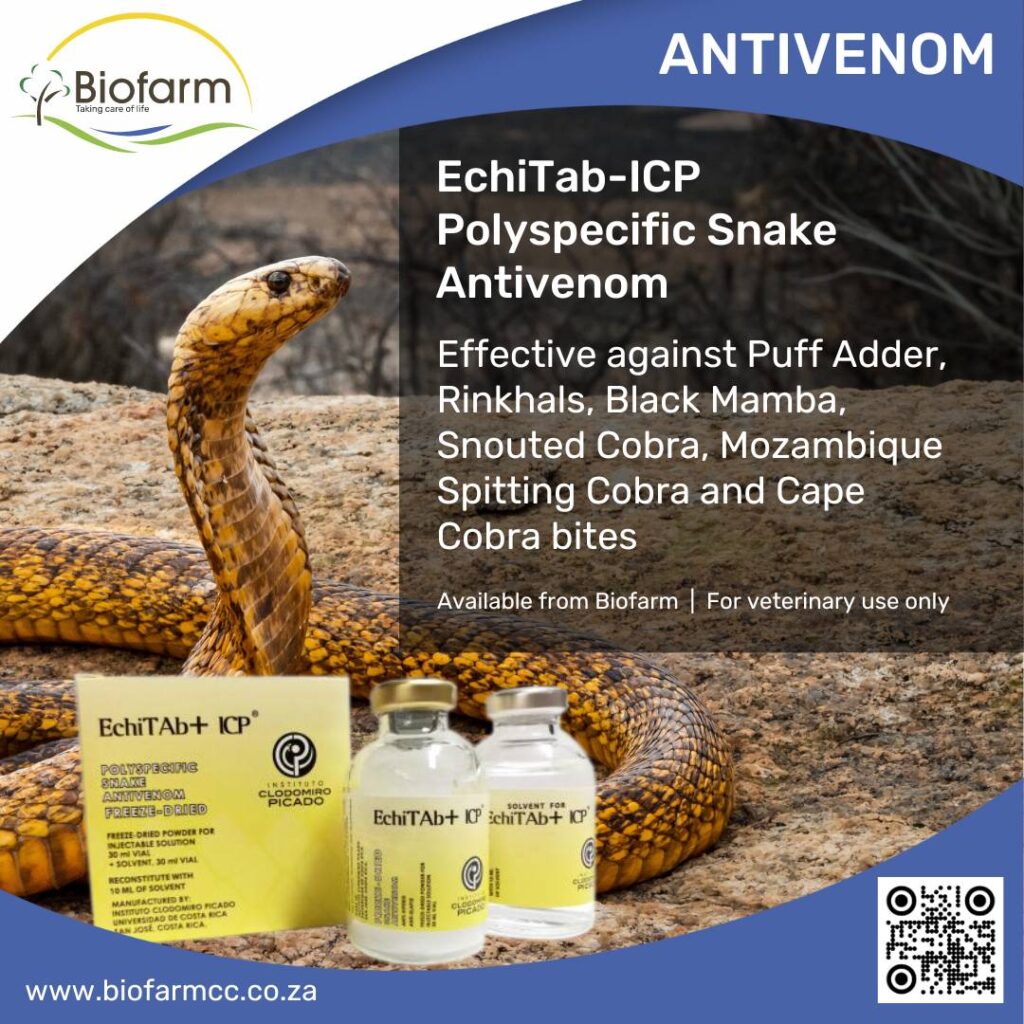Feline panleukopenia (FP) is a viral disease that used to be a leading cause of death in cats and kittens. Fortunately, due to the availability and use of vaccines, the disease is uncommon today. However, a recent spike in cases in parts of our country reminds us of the importance of vaccinating our pets.
TEARS animal rescue first identified a case of FP after an infected cat was brought to them earlier this year. Dr Tania Heuer, head veterinarian of TEARS, says that they are seeing more and more cases from communities in the Deep South, Cape Flats, and Southern Suburbs, including Diep River and Constantia. The animal rescue hospital is therefore urging all pet owners to ensure that their cats and kittens are vaccinated.
Feline panleukopenia virus, also called feline parvovirus, is a highly infectious and potentially fatal viral disease suffered by kittens and cats. The virus is similar in structure to parvovirus infection, commonly called “katgriep,” in dogs. Strains of the virus can infect domestic cats and other members of the feline family, as well as raccoons and minks.
The first thing to note is that the virus is highly contagious. It is also alarmingly resistant to disinfectants and temperature extremes and can therefore exist for a long time in a specific environment. With a real risk of contamination, it is important to vaccinate your kitten, even if they never go outside. Cats contract the disease either by direct or indirect contact with other infected cats, or in infectious areas where the virus may have been dormant. Any unvaccinated cat is susceptible, especially shelter cats and feral cat populations.
Symptoms of Feline panleukopenia
Symptoms of the virus include loss of appetite, vomiting, diarrhoea, dehydration, and high fever. Infected cats and kittens become extremely ill. Unvaccinated cats have a mortality rate of up to 90%. Sadly, the prognosis of cats that are malnourished and have weak immune systems is poor. On average, they may pass away within 12 to 24 hours.
The recent cases of FP come in the wake of a distemper scare that resulted in the deaths of several unvaccinated dogs and puppies. Due to the infectious nature of the deadly cat virus, it is likely that the outbreak will spread. The only way to curb the spread is by vaccination. Cat owners are therefore urged to vaccinate their pets. Vaccination reduces disease risk and offers protection in the form of activated antibodies that can fight off infection.
What vaccines are essential?
There are two categories of vaccines, ‘core’ and ‘recommended’. Core vaccines must be given to all kittens and cats, regardless of their lifestyle. Feline panleukopenia falls into the core category, along with herpesvirus and calicivirus. Kittens need two vaccinations one month apart, starting at 8 weeks old, while a standard annual vaccination is adequate for adult cats. Besides vaccination management, hygiene, disinfection, and quarantine measures are considered to play an important role to avoid outbreaks.





